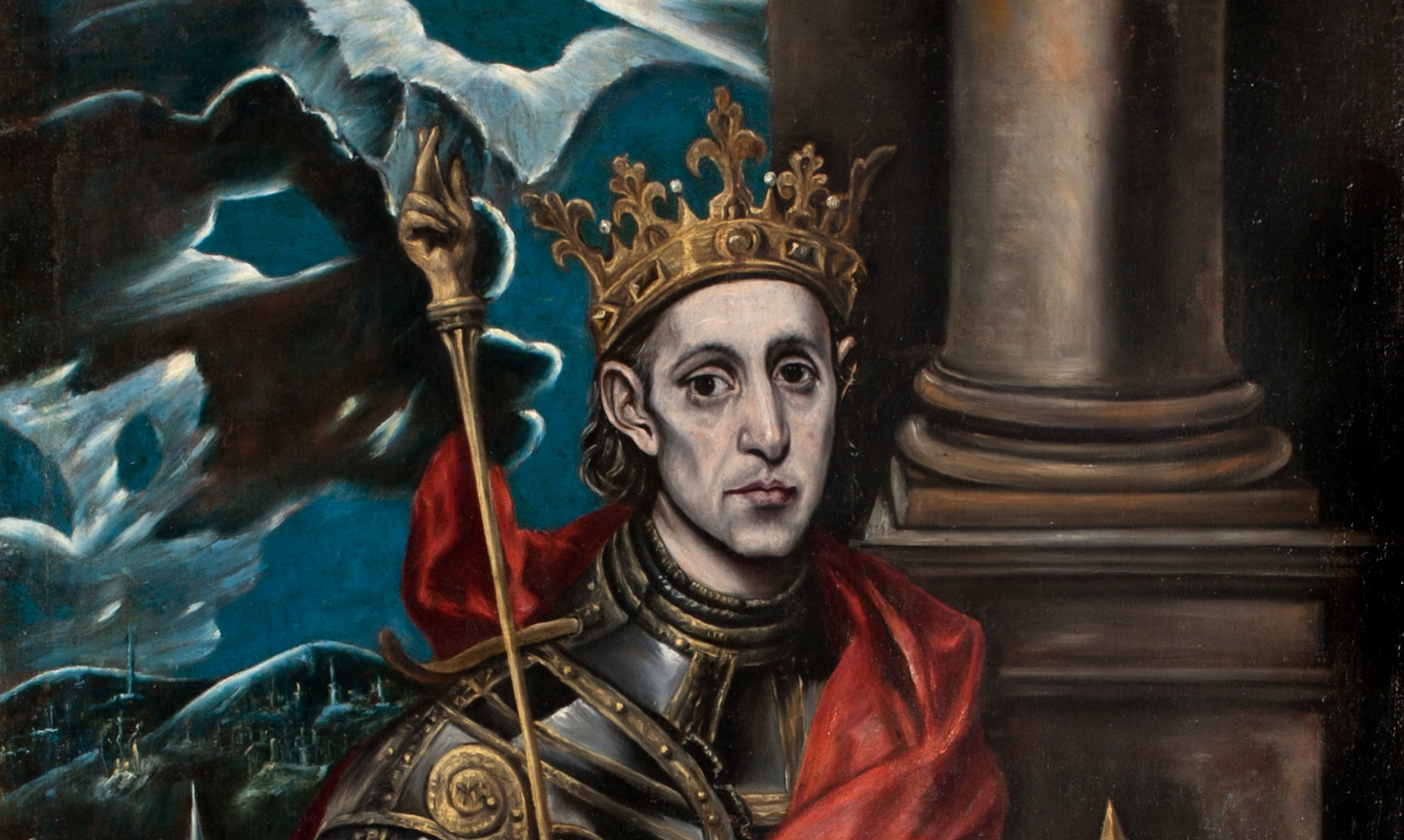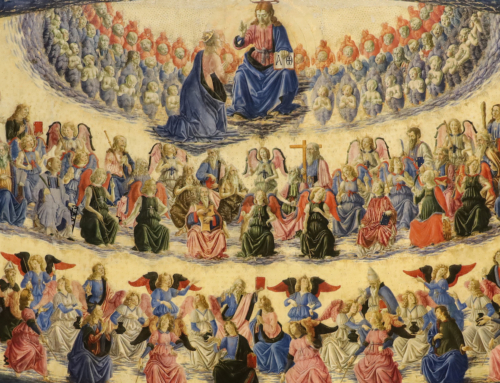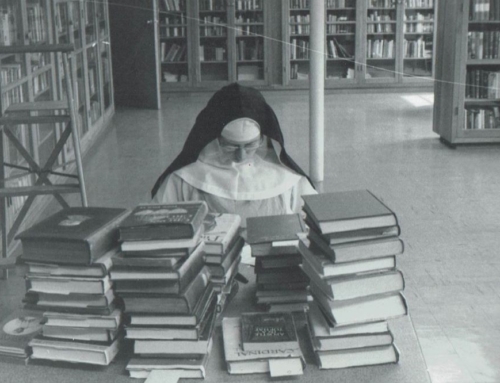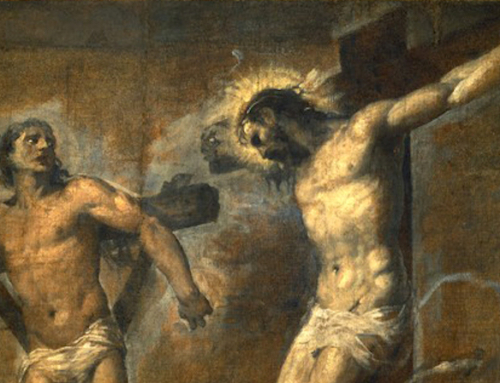Recall the story of the rich young ruler (Luke 18). He walks away sad because he cannot accept Jesus’ call to sell his belongings and follow him. Is it his riches and power that are the obstacles? Being rich and a ruler doesn’t seem to be the heart of the matter here. If riches were inconsistent with the Gospel then we would see Jesus consistently asking the well-to-do to give up their wealth. Jesus is no romantic revolutionary. He is not a proto-Robin Hood fighting for an egalitarian ideal. The issue here is attachment to something other than God that interferes with a relationship with him. This particular interaction between Jesus and the rich man exposes an idol. He is attached to his wealth and this attachment keeps him from following Christ. He cannot leave his riches even in the face of a divine call. Wealth does not necessarily corrupt though. It is a gift from God and we can use this gift virtuously or viciously.
What about power? In another interaction with a rich and powerful man, Jesus tells Pilate that his (i.e., Pilate’s) authority comes “from above” (John 19:11). Jesus does not say that Pilate has no authority. Rather he shows him the meaning of authority. What this interaction exposes is a false view of the origin of power. Pilate locates that origin in himself. His ego has blinded him to the reality of earthly power. So, who is the “above” that gives Pilate authority? Caesar? God? Today, some view power as a mere social construct, merely something that people bestow on themselves. Jesus shows us that, like riches, true authority hearkens back to God, who gives authority to a man directly or permits a man to have authority. So to have power is not necessarily inconsistent with the Gospel. One can be a virtuous leader under God. And since man is by nature inclined to live in an organized society, it behooves him to seek and support such leaders.
In these interactions with rich rulers Jesus shows us the true nature of power and riches. They are gifts from God. They can be abused, and often are, but they need not be. There are some who receive them in great measure and cultivate these gifts responsibly. But throughout life we all receive some measure of authority and wealth, even if only a bit. And we are called to view even that little bit as a gift. We are entrusted with certain gifts and are called to be good stewards—to use them virtuously and in light of the Gospel. This presupposes a spirit of poverty. For even if Jesus does not call us to leave these gifts and follow him, we must still see them as ultimately coming from him and be ready to use them for his glory as he asks. This spirit of detachment is a grace that allows us to practice good stewardship. We can fulfill this task because with God all things are possible.
Saint King of Louis IX of France (1214-1270), whose memorial we celebrate today, is an example of the good stewardship described above. Born into a noble family, he received both wealth and authority. Like any Christian, he was called to use his wealth virtuously, and this he did. St. Louis had a great love for the poor. He saw himself as responsible for their welfare. He regularly hosted the poor in his house and fed them himself. King Louis enacted laws to promote the common good of society. These laws were aimed at limiting vices like usury, prostitution, and blasphemy. He also sought to promote justice in society by banning trials by ordeal, ending internecine wars within France and throughout Europe, and even introduced presumption of innocence into the judicial system. Besides all this, he was a man of religious devotion who prayed regularly. He was also a faithful husband and father. In an excerpt from a letter to his son we see the marks of a virtuous leader:
Be kindhearted to the poor, the unfortunate and the afflicted. Give them as much help and consolation as you can. Thank God for all the benefits he has bestowed upon you, that you may be worthy to receive greater. Be just to your subjects, swaying neither to right nor left, but holding the line of justice.
This is the counsel of a wise and just ruler. St. Louis saw clearly what being a ruler meant, for he saw it in light of the Gospel. He shows us that riches and authority do not preclude holiness. Rather they are gifts that come from God to be used for his glory. St. Louis, pray for us.
✠
Image: El Greco, St. Louis King of France







